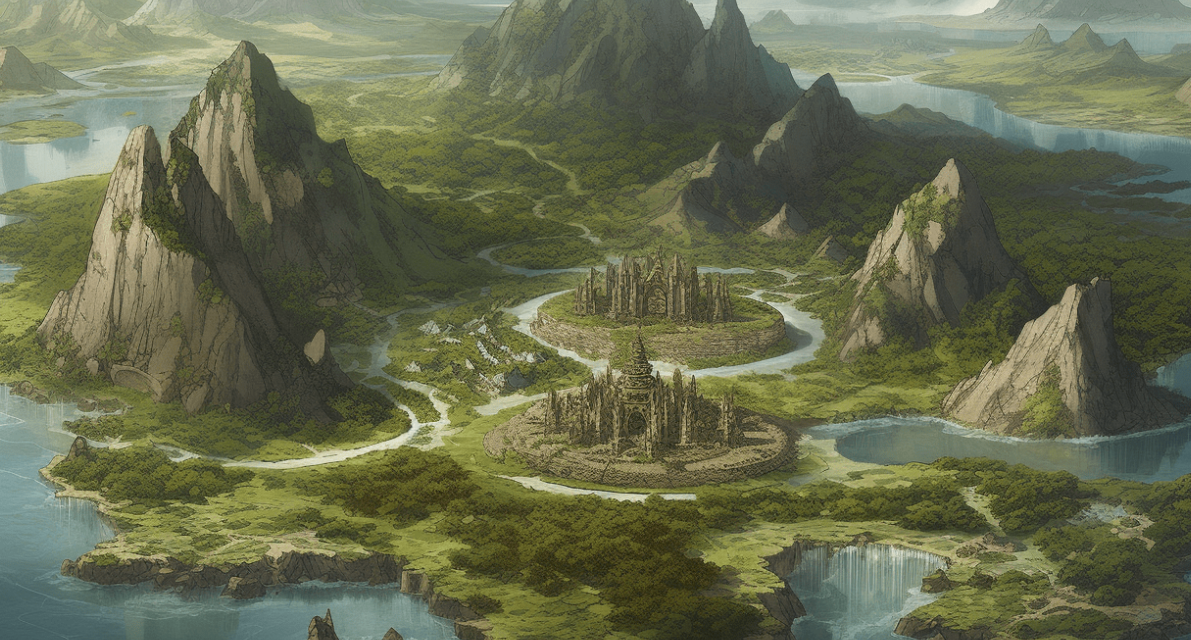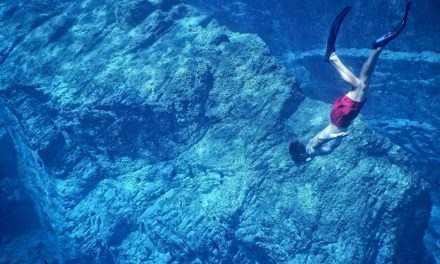Did a mystical land known as Lemuria once exist, or is it merely a product of human imagination? The legendary lost continent of Lemuria has captured the fascination of many, invoking images of an ancient civilization shrouded in mystery and wonder. In this article, we will delve into the intriguing tale, exploring its origins, cultural significance, and the ongoing debates among scholars.
Lemuria, a fabled landmass often referred to as the other “lost continent,” is a subject of intrigue and speculation that has captured the imagination of historians, archaeologists, and enthusiasts alike. The existence of Lemuria is a tantalizing enigma, a puzzle piece that seems to fit snugly into the mosaic of ancient mysteries.
The story finds its roots in ancient myths and legends from various cultures across the globe. According to some accounts, Lemuria was a pristine paradise inhabited by advanced beings who possessed incredible knowledge and wisdom. These myths often depict Lemuria as a place of harmony with nature, where mythical creatures and humans coexisted peacefully.
In the 19th century, naturalist Philip Sclater proposed the theory of Lemuria as an explanation for the distribution of lemurs across India and Madagascar. This hypothesis, though later debunked, sparked discussions about lost continents and ancient migrations.
Lemuria in Ancient Texts and Cultures
References can be found in the folklore and writings of civilizations such as ancient India, Madagascar, and even Native American tribes. However, interpretations of these references vary, and uncovering the true nature of Lemuria remains an elusive quest.
Geological Speculations and Submerged Realities
Geological theories propose that Lemuria could have been a landmass connecting present-day continents, submerged due to shifts in tectonic plates. While scientific evidence supports the concept of land bridges, the idea of a distinct Lemurian civilization still lies within the realm of conjecture.
The Connection to Modern Science
While Lemuria’s existence as a lost continent lacks empirical evidence, its legacy continues to influence modern scientific thought. Exploring the Lemurian concept can shed light on how human imagination and cultural narratives shape our understanding of the past.
Artifacts and Evidence
Archaeological findings and alleged Lemurian artifacts have been cited as potential evidence of the lost civilization. However, skepticism and critical analysis are crucial when evaluating such claims.
The Lemurian Legacy: Lessons and Insights
Beyond its factual existence or absence, Lemuria offers valuable insights into human curiosity, the power of myths, and the ways in which civilizations intertwine their narratives with the fabric of time.
Lemuria vs. Atlantis: A Comparative Analysis
Drawing parallels between Lemuria and Atlantis provides an intriguing perspective on how ancient legends can mirror each other and reveal universal themes of human imagination and the longing for a golden age.
Conclusion: Rediscovering Lemuria’s Legacy
While its physical existence remains an enigma, its legacy as a cultural and mythical phenomenon endures. As we journey through the landscapes of imagination and scientific inquiry, Lemuria reminds us of the profound human desire to explore the unknown, connect with ancient wisdom, and weave tales that transcend time.
FAQs (Frequently Asked Questions)
Q1: Was Lemuria a real continent? A: The existence of a physical landmass is a subject of debate among scholars. While no concrete evidence supports its existence, it continues to be a fascinating topic of exploration.
Q2: What is the connection between Lemuria and Atlantis? A: Lemuria and Atlantis are both legendary lost continents that capture the human imagination. They share similarities in their mythical qualities but originate from different cultural contexts.
Q3: Are there any tangible artifacts? A: While some claim to have discovered Lemurian artifacts, their authenticity is often disputed. It’s essential to approach such claims with skepticism and rigorous examination.







